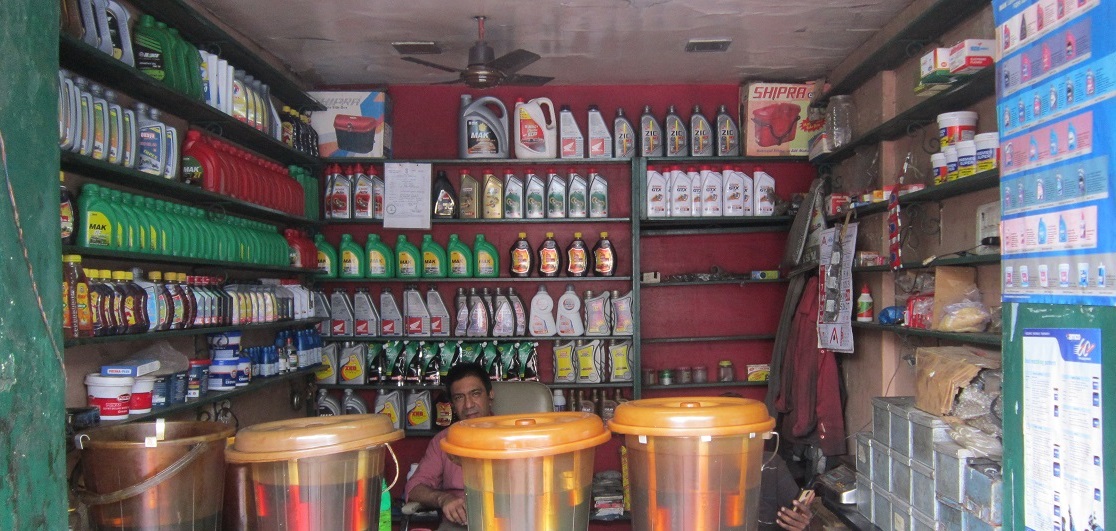Indias central government enacted the Goods and Service Tax Act partly to facilitate cheaper goods for consumers. In the lubricants market, though, the fulfillment of that goal has been spotty, even four months after the laws passage.
GST was adopted partly to make goods and services taxation uniform across the country and to prevent goods from being taxed multiple times as they moved between states on their way to market. But the law also changed the tax rate for some categories of products. Lubricants fell under a 28 percent bracket in the old system but are taxed at just 18 percent under GST.
As part of their efforts to win public approval for the new regime, the government promised that savings would be passed on to consumers. It includes Anti-Profiteering Section 171, which mandates that companies pass on their benefits, whether they come from a rate reduction or credits.
Several lubricant distributors and retailers told Lube Report that prices for many lubricants have yet to fall.
Among public sector companies, Indian Oil Corp. Ltd. and Hindustan Petroleum Corp. Ltd. have not reduced prices of lubricants after GST, said Amit Srivastava, of Silver Lubes in Kanpur, India. A few private companies, such as Castrol and Savita Oils, have passed on savings, he said, but others have not reduced their prices in proportion with the reduction in tax rate.
Srivastava said performance is even worse since prices from some public companies were set when crude oil costs were around $110 per barrel and have not been adjusted or have barely adjusted even though crude is now around $60 per barrel. In fact, he said, some grease manufacturers raised prices and blamed their action on increases in lithium costs.
In response to questions from Lube Report, a senior official at IOCL, Indias leading lubricant supplier, insisted that the state-owned company has not dragged its feet. He stated that the company decided at a Nov. 17 internal meeting to pass on its tax savings. The official, who spoke on condition that he not be identified, added that IOCL does not know if retailers are passing on those savings to consumers.
Lube Report contacted several lube retailers in Bhilai, a town in Chhattisgarh state, to ask if they have reduced lube prices since the adoption of GST. Managers of IOC Police Welfare Petrol Pump and HP Petrol Pump said they were unaware of price cuts. The owner of KV Enterprises Bhilai said his company carries Castrol and Shell lubricants and that both companies lowered their prices. The Hyundai Motors workshop in Bhilai, which uses Mobis-branded lubricants, said Mobis reduced its rates in line with the change in tax rates for lubes.
Salu Gulati, owner of Delhi distributor Gulati Lubricants and Chemicals, said her company supplies mostly industrial lubricants. Most oil companies in that segment seem to have lowered prices, she said, adding that customers might have switched suppliers if they had not. Gulati also offered a possible explanation of why retail prices on some lubes have not yet been lowered: Some companies may still have inventory acquired at old rates.
Silver Lubes Srivastava suggested that GST savings will eventually be passed on as the government intended.
GST is likely to boost sales, and consumption of branded lubes will increase as big branded lubes are offered at cheaper rates, he said, adding that local brands may suffer in the GST era. Price cuts by public sector oil manufactures will make a big impact, he said, because they have such a wide reach. In urban areas people may have alternatives, but in rural areas consumers rely on public sector lubes.
Photo: D.S. Nag
